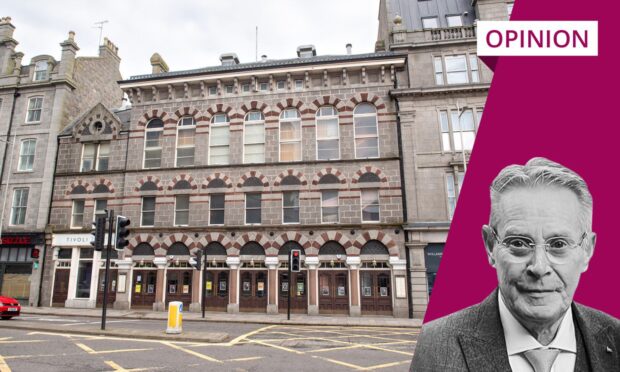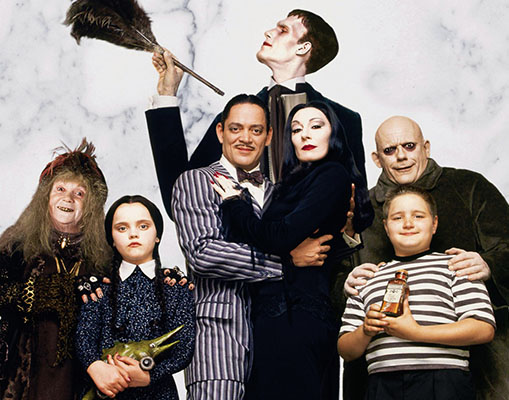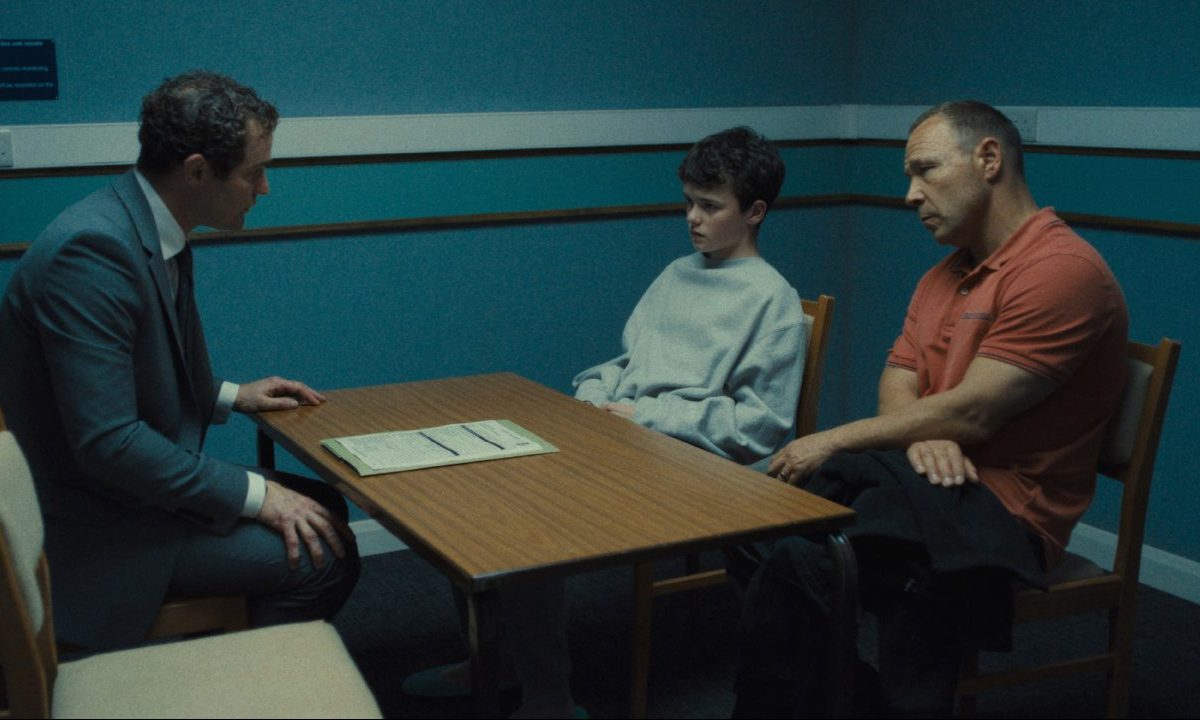It was dark and I was whispering into the ear of a mysterious Danish woman I had only just met a few minutes earlier.
I was asking if she minded if I moved a little closer.
All we needed was Phyllis Nelson to start singing in the background, you might think.
But you’d be jumping to the wrong conclusion.
After all, we usually whisper in the dark in a theatre during a show.
I was longing to take over an empty seat between us to stretch my aching cramped legs, which is why I asked if we could squeeze up.
A stage can be an unforgiving place; so is Row L in the very front seats of the dress circle at Tivoli Theatre in Aberdeen – it felt as though they were designed for the vertically challenged.
I’m relatively small, more on the rotund side; yet I thought when Tivoli was built in the 19th Century theatre-goers must have been less than five feet tall.
Having said all that, it’s a magical place full of character and a credit to all those who brought the theatre back to life a few years ago.
It turned out that the charming woman next door to my wife and I was from a city to the south of Copenhagen; I think she said Nyborg.
As I sipped my cream-soda Pepsi, she confided that many Danes were boycotting Coca-Cola in protest over Trump’s dreams of annexing Greenland.
It always amazes me how people from all sorts of far-flung places and backgrounds are thrust together suddenly; airports obviously, but perhaps less common in an Aberdeen theatre.
We were bonding in joyful unison with a common purpose: to see young relatives on stage in a Saturday matinee with the junior section of Aberdeen Youth Music Theatre.
What a storming show it was: a sparkling performance of the Addams Family musical.
It was difficult to believe that the eldest performers were only in their early teens, but most of the cast were younger.
We were watching our respective grandsons in action.
Both boys were singled out for high praise, as was the show in general, in a proper review published on a north-east website by a journalistic person who seemed to know what she was talking about.
It was quite moving for our family to read such kind words of praise from an objective source heaped on my grandson, who played the tricky part of Lurch with such skill and aplomb.
All the hugs and kisses outside the stage door afterwards showed how much family emotion floods through these out-of-school events, whatever activity is being pursued.
Striving for personal excellence and understanding the importance of teamwork; a lesson for life of course, but are some children falling into a black hole through lack of firm direction and motivation?
Contrast triumphant team spirit on stage – or similar pursuits – with the toxic desolation of school battlegrounds scarred by misogyny and violence; where teachers are abused or attacked routinely, but too frightened to complain.
Aberdeen schools are in the firing line over this, but it’s typical of what is happening in classrooms everywhere.
When I saw some of the anarchic school scenes in the much-lauded TV drama Adolescence I was shocked and sceptical at first, but it seems they were holding up a mirror to reality.
Thuggish kids ruling the roost, teachers hanging on desperately.
Later, I was thinking of all this while standing outside a chip shop in Aberdeen of all places when 15 or so young lads cycled past in a large group in the middle of the road.
All dressed in black hoodies with faces covered; some swearing loudly, others doing wheelies.
Twerps, yes, but intimidating – full of arrogant swagger and looking ready for mischief.
I might be too quick to judge.
Maybe they belonged to a formation dance-cycling team which raises money for charity and performs other good deeds.
I somehow doubted it.
It seems schools struggle these days to impose proper discipline or make miscreants pay a price.
Once upon a time, when I was training to be a child-protection counsellor, tutors kept hammering home the message that children must be challenged head on or face consequences – and, above all, “don’t put them on a pedestal”.
I was terrified of some of my teachers; many had served in the war, which gave them a certain no-nonsense aura.
Our metalwork teacher was so strict that we were convinced he had been in the SS – even though he was British.
They say too many people are wrongly in prison because they have specialist needs which cannot be addressed properly by staff; the same might be said of some children in school, it would seem.
I hate to make a song and dance about it, but some things need to be said.



Conversation